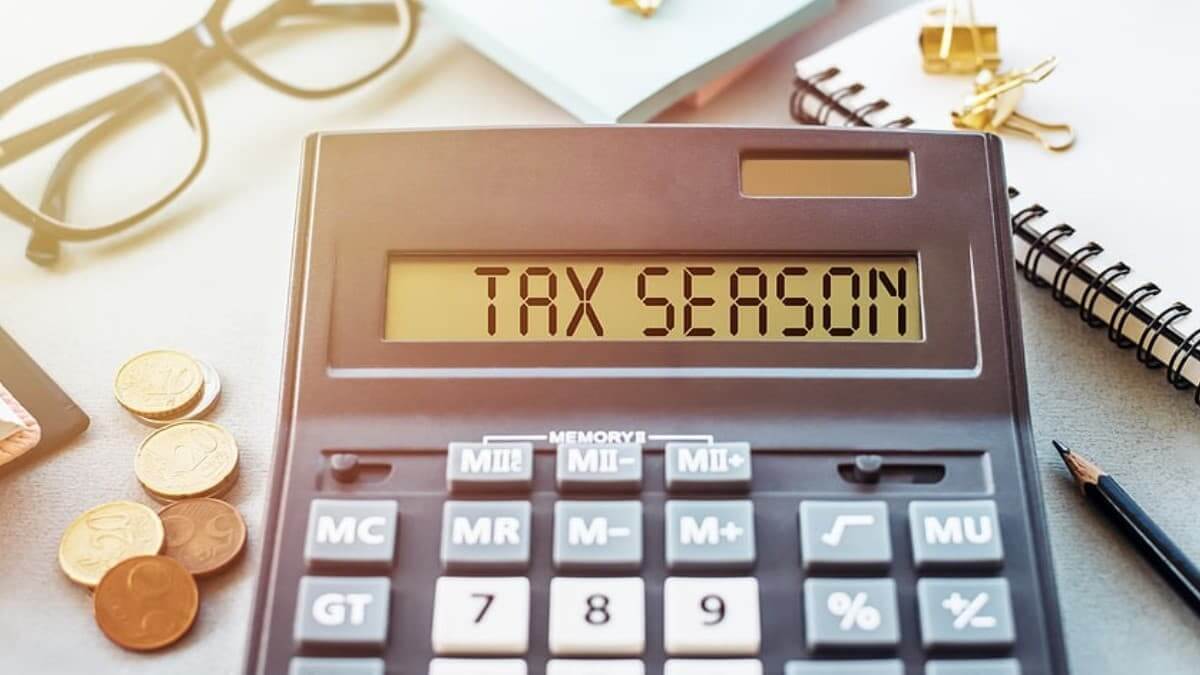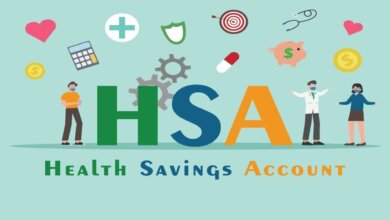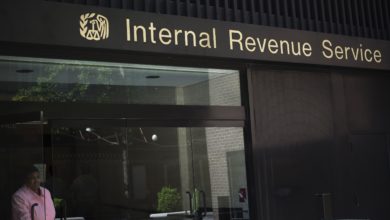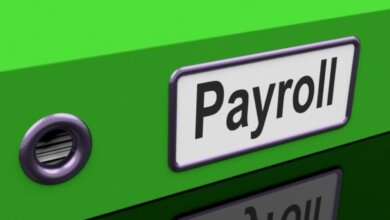Tax Season Start Date 2023 - 2024
The tax season is coming, and some taxpayers have already prepared their federal income tax returns. Even if it's a draft, much of the things are already finalized, and all that there is to do is receive their final paystubs or pay the fourth quarter's estimated taxes.

Contents
You should know the precise day the tax season will start if you intend to file your taxes this year. You understand what will happen to your return if you apply for the EITC or Child Tax Credit is important. If you miss the deadline, you should also be ready to pay interest on whatever taxes you owe.
FBAR forms are due
If you have a financial interest in a foreign bank account, you must report it to the IRS using the FinCEN form 114, otherwise known as FBAR. This form must be filed electronically. It is important to file this form on time, as penalties can be significant for missing the deadline.
The FBAR is an annual report. It is filed through FinCEN’s BSA E-Filing System. The deadline is April 15, and an automatic extension is available until October 15.
The IRS does not require specific requests for extensions. For instance, if taxpayers fail to file the FBAR for the calendar year, they will receive an automatic extension until October 15. However, the IRS does not accept paper filings on Form TD F 90-22.1.
Although there are some exceptions, the IRS will enforce penalties for non-compliance. You will also need to maintain backup documentation to support FBAR claims in an audit.
To make sure that you meet the FBAR deadline, you should consult a tax professional. They can help you avoid penalties. They can also work to ensure that your FBAR reporting follows IRS regulations.
Those concerned about their ability to meet the FBAR due date should contact the FinCEN Resource Center. They can provide information on how to prepare and file FBAR forms and give you a list of documents you may need to complete to comply with the IRS.
Even if you are not required to file an FBAR, you should still retain records of your foreign accounts. These records should include the name of the account, its number, and the maximum balance. Also, you should keep a copy of the FBAR form and any other documents related to your foreign accounts.
If you have an outstanding FBAR, you can appeal your liability. There are new procedures that allow you to do this. Depending on the nature of the delinquency, you may receive a fixed penalty or an option to pay a fine.
However, you may face prison for up to five years if you cannot pay the fine. In addition, the IRS can freeze your passport and attach your assets to your income.
IRS e-File is the fastest way to file a tax return
If you’re looking for the fastest way to file your tax return this season, you’ve come to the right place. For most Americans, the filing deadline is April 18, 2024. Thankfully, the IRS has a variety of ways you can get your return completed and filed in the shortest amount of time possible.
E-filing your taxes can reduce the chance of incurring late penalties and interest. Whether you’re filing a federal, state, or business tax return, you can save money and avoid common mistakes using an online tax preparation software package. Consider applying for an extension on your filing date.
The best way to ensure you get the refund you deserve is to use Direct Deposit. Most participating providers will hold your return until the IRS processes it. This will make it the fastest and most secure way to receive your refund.
In addition to direct deposit, you can also use a prepaid debit card. Alternatively, you can open an online bank account. Once you’ve selected a payment method, you’ll need to provide your routing and account numbers.
IRS Free File is a free, fast, and safe way to prepare and file your tax return. This program is designed to assist eligible taxpayers who earn $73,000 or less. A sister service, Free File Fillable Forms, is also available to all citizens.
Another excellent resource for preparing your return is Publication 5349. It includes information on organizing your records and determining your taxable transactions. This information will allow you to prepare your tax return efficiently and accurately.
The IRS is urging all taxpayers to file their tax returns electronically, but they’re also encouraging tax professionals to do the same. The faster a tax return is filed, the faster your refund will be.
Using the IRS’s free e-filing service is one of the best ways to reduce the risk of making mistakes. But if you can’t afford to e-file your tax return, you can still e-file an extension. However, you’ll need to pay 90% of the balance due by April 18, 2024, or else you’ll incur penalties from the IRS.
Interest on taxes you pay after the due date.
While the IRS doesn’t abate penalties, it does charge interest on taxes you don’t pay by the due date. In short, the interest rate is variable, as with loans, and is adjusted on January 1 of each year. Interestingly, the interest rate has been predicted to increase shortly. However, you can borrow funds at a cheaper, effective rate if you do your due diligence. Moreover, the interest rate on your tax bill may change if you are involved in bankruptcy.
The most crucial factor to remember is that the IRS does not provide a grace period or extension on your due date. This is a glaring omission, considering that the IRS operates on a 365-day-a-year schedule. Therefore, you must pay as much as possible by the due date, and even better if you can spend time. If you can’t, a brief grace period can help reduce your penalty.
The IRS is one of many entities that will pay a small fee to your bill. Property owners, for example, will have to pay a nominal sum for delinquent property taxes. In addition, the Department of Finance is required to add interest to late property tax bills. To get an idea of how much you might be required to cough up, head to the Department of Finance’s website for a list of all charges. As for payment methods, the most common practice is to make a payment by mail. Other options include making an in-person payment or contacting the Department of Finance at your earliest convenience.
Finally, the most exciting and helpful advice is to pay your taxes on time. A failure to pay will result in higher interest rates, a smaller check, or, in the case of bankruptcy, a much more severe legal repercussion. For this reason, it pays to plan and budget for your tax bill. Once you do your due diligence and find out what you owe, you should be able to make on-time payments.
Refund delays if you claim the EITC or Child Tax Credit
Millions of American households will likely receive refund delays this year if they claim the Earned Income Tax Credit (EITC) or the Child Tax Credit (CTC). This may be frustrating for some taxpayers. However, it is important to understand that these refund delays are a part of the law designed to protect taxpayers. These delays result from the Protecting Americans from Tax Hikes Act of 2015, which requires the Internal Revenue Service to spend more time processing early EITC claims.
The new tax law is designed to help deter fraud linked to tax credits. However, the delay in refunds could cause some families to miss out on a vital source of income.
According to IRS data, refunds for the EITC and the ACTC were delayed by two weeks in 2023. As a result, some taxpayers who claimed these benefits in 2023 will have to wait until mid-February to receive their refunds.
If you are one of the millions of taxpayers who will have to wait until mid-February to get your refund, you will want to ensure that you have all your information ready. In addition to providing your employer’s W-2 information, you will also need to verify your identity. You can provide your current year’s Forms W-2 and 1099.
If you have children, you qualify for the Additional Child Tax Credit, worth up to $1,400. However, you must wait until February 15 to receive your refund. Despite the delay, you can still set up direct deposit to send your money directly to your bank account.
If you plan on claiming the EITC or the Child Tax Credit this year, you should file as soon as possible. This is because the IRS can only issue refunds in mid-February. However, if you file electronically, you can expect your refund within 21 days.
Also, if you claim the EITC or the ACTC, you can receive your refund via direct deposit. Direct deposit can take up to two days to reach your bank account.
Once a taxpayer gets these done, there isn’t anything left to do to file a federal income tax return. That starts with the IRS starting to accept tax returns. If you’re wondering what’s the soonest date you can file your 2023 federal income tax return in 2024, this article will guide you through it.
The IRS starting to accept returns in…
The Internal Revenue Service generally starts accepting tax returns on the last Monday of January, but considering that many things have changed with the US tax code, it wouldn’t be a surprise if it was moved to an earlier date.
Last year was a big exception as the IRS started accepting tax returns later than the agency does typically. Although this didn’t put a halt on anything, and the majority of the taxpayers were able to file their returns by the April 15 deadline, it didn’t help much. That said, it’s also expected from the agency to start accepting returns at a later date.
When should you prepare yourself to file
Whether you’re e-filing your tax return or preparing a paper tax return, you can do it and keep it until the IRS starts accepting them. Once the tax season officially starts, you can file it with the IRS and get your tax return as soon as possible. Filing taxes early is highly recommended as it also ensures that in case you need to amend your return, you’ll have more time and won’t miss the April 15 deadline or get your refund early.
The soonest you can expect the IRS to accept returns in 2024 is around January 15, and the latest is February 15, though both dates are sporadic. A better prediction would be January 31 as opposed to these dates.
Ensuring you get your refund early
Do file your tax return early to get your refund early.
Do e-file for the IRS to process your return faster, leading to an earlier refund.
Do review your tax refund more than once to spot errors that may lead to amending it.
Don’t send your return with UPS, FedEx, or other private delivery services. Mail it with the USPS.
Don’t leave any of the lines empty that need to be filled.





